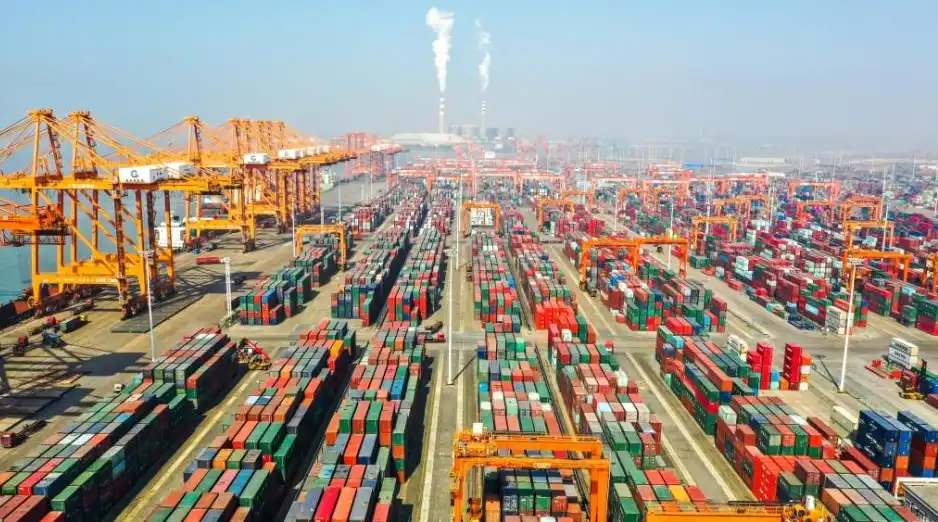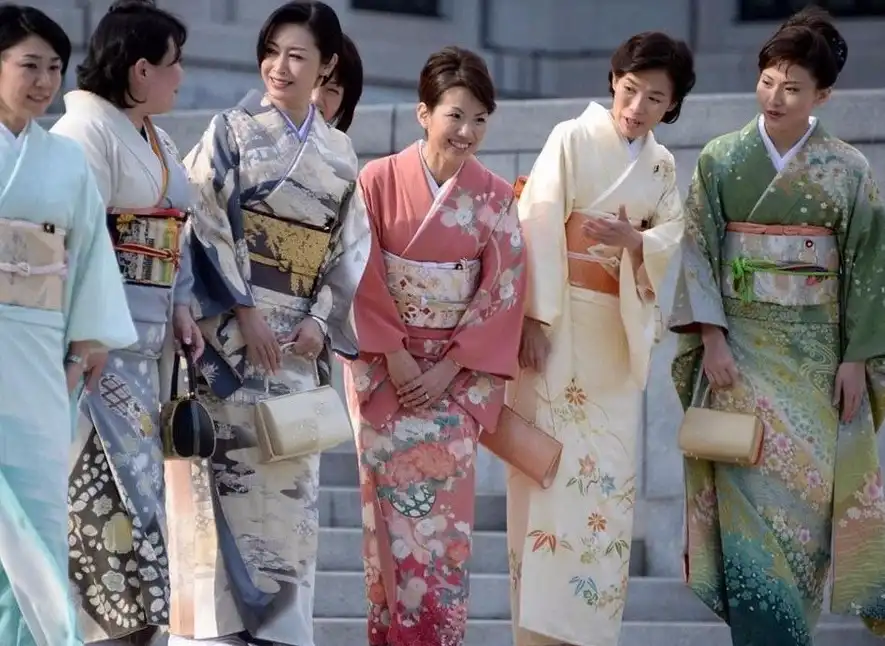Why did 400,000 Japanese take root in China? Causing complex emotions and historical torture
As China's international influence continues to grow, more and more foreigners are choosing to settle in this vibrant land.
Drawn by China's profound culture, fast-growing economy, and stable social environment, people came from all over the world, including our close neighbor – Japan.
This phenomenon has also triggered a great deal of argument and debate, and especially with the emotionally sensitive background of history, Japanese settlement in China has been on the minds of both nations.

China's rise in international standing is self-evident, as the world's second-largest economy. From the advancement of the Belt and Road Initiative to the booming development of high-tech industries.
From the ever-increasing cultural output to active participation in the global governance system, China is moving to the center of the world stage like never before. Such a China has naturally become a "hot potato" in the eyes of foreigners.
In this context, the arrival of the Japanese seemed hardly surprising. Many of them were enticed by opportunities in China, hoping to embark on a new chapter in their lives there.
Take Shanghai as an example, this international metropolis attracts nearly 400,000 Japanese people to settle down with its unique charm. They work, live and even send their children to local schools here, apparently regarding it as their "second hometown".

In response to this phenomenon, the Chinese people’s reaction was complex and delicate. On the one hand, we welcome all friendly foreign friends to live and work in China, to jointly witness and participate in the Chinese development process
On the other hand, for Japan, the country that once brought about deep disaster to the Chinese people, we have always had an indelible pain and vigilance in our hearts.
History serves as a mirror, constantly reminding us not to forget the suffering and humiliation of the past. Therefore, when 400,000 Japanese choose to settle in China, we cannot help but ponder the deep-seated problems that may lie beneath the surface.
Is it a historical coincidence or a present reality? Is it a simple personal choice or a complicated political consideration?
In my opinion, the emergence of this phenomenon is the result of multiple factors. First of all, China's development has indeed provided more opportunities and possibilities for foreigners.
Both economically, technologically and culturally, China has displayed strong appeal and vitality.
Secondly, as an island nation, Japan has limited geographical and resource conditions. This has led some Japanese people to start looking for a more spacious development and living environment.
As a country with a vast territory and abundant resources, China has undoubtedly become one of their ideal choices.

Yet the influence of historical factors on this issue cannot be overlooked. The historical grievances between China and Japan are objective facts. They have a lasting impact on the emotions and psychology of the citizens of both countries.
Therefore, when the number of Japanese people choosing to live in China, we cannot help but maintain a certain degree of vigilance and attention.
This does not mean that we should exclude or discriminate against all Japanese people, but rather that we should strengthen our understanding and management of this group, ensuring that their life and work in China is legal, orderly, and safe.
The Chinese people hold a tough attitude towards the residency of these 400,000 Japanese people in China. Although some affairs require communication with Japan, we will remain vigilant against this ethnic group that once brought our country pain and humiliation, and we will never readily agree.
No matter how comfortably they may live and work in our nation, we will never allow them to settle down casually within our lands. It is China’s bottom line and a respect for history.
